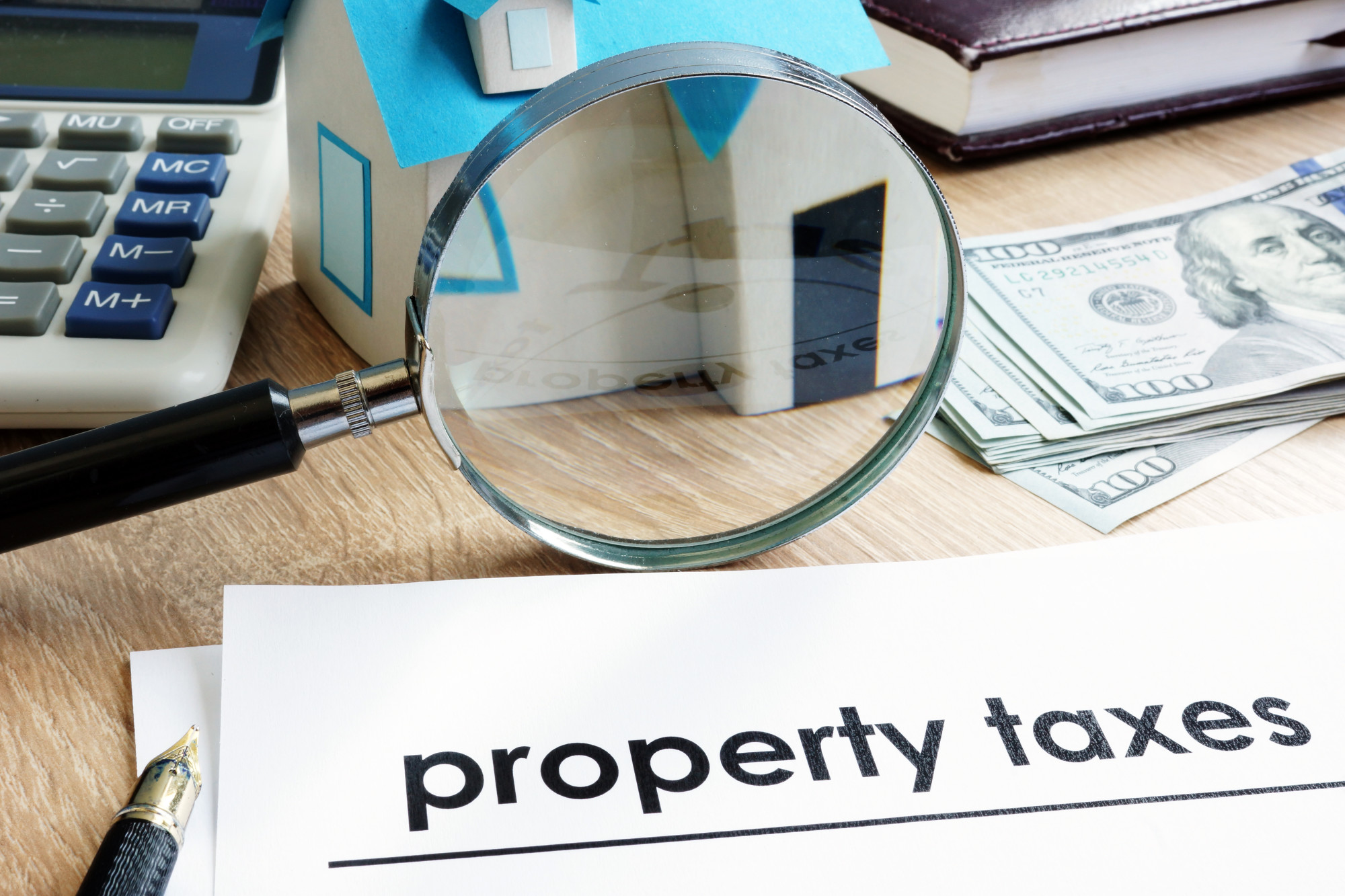Do You Have to Pay Taxes on Rental Income? Explained
Do You Have to Pay Taxes on Rental Income? Explained
Blog Article
When renting out a house, many first-time landlords question whether they need to pay fees on the revenue they earn. The easy answer is yes—net investment income tax 2024 by the IRS. However, understanding what qualifies as taxable income—and the deductions you could be named to—may allow you to better manage your economic responsibilities as a landlord.
What Counts as Rental Revenue?
The IRS becomes hire revenue as any cost you receive for the use of a property you own. Including not just the regular rent from your tenants but additionally extra payments, such as for instance:
•Advance Rent: If your tenant pays rent upfront for a future time, it should be noted as revenue when obtained, perhaps not when the time begins.

•Safety Deposits (if maybe not refunded): In the event that you hold a security deposit for problems and other problems by the end of a lease, that total becomes taxable.
•Services in Host to Rent: Occasionally, tenants might provide things or companies instead of spending rent. For example, if your tenant mows the garden in exchange for part of their rent, very same monetary price of these service should be reported as income.
Expenses That Can Be Deduced
Luckily, landlords may offset several of these charges against their hire revenue, decreasing the taxable amount. Some typically common deductions contain:
1.Property Fixes
Minor fixes, such as for instance repairing a leaky touch or repainting walls, are deductible since they are considered essential to steadfastly keep up the property.
2.Mortgage Interest
If you took out a loan to buy your hire house, you may claim the interest you spend on the mortgage.
3.Property Fees and Insurance Premiums
They're common deductions, as both are expected to possess and control a property.
4.Maintenance and Utilities
Any preservation expenses or routine preservation prices can be deduced, in addition to tools you spend with respect to your tenant.
5.Depreciation
Landlords may withhold a portion of the property's depreciation price every year over their estimated lifetime (typically 27.5 decades for residential properties).
Processing Your Hire Income
Rental income must certanly be described on Routine Elizabeth (Supplemental Income and Loss) if you're filing being an specific taxpayer. That variety allows you to number your hire revenue and any deductions. The net figure—income minus expenses—is what will eventually be taxed.
Essential Takeaway
Tax principles on hire income can feel complicated, but with proper record-keeping and attention of possible deductions, landlords may reduce their taxable money and keep compliant. For exact filings, always consult a tax skilled or leverage resources to simplify the process.
Report this page